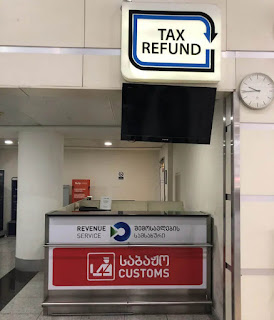Lantau Island, Hong Kong
After living 2 months in Hong Kong we like it more than in the beginning. We'll be returning to Hong Kong countryside some day, not the city center.
There are few places that — after staying for a while—we have grown to like more than in the beginning. Hong Kong is one of them. We started by hospitality exchange with a Hong Kong couple, Matilda and Chris. We had a great time cooking and enjoying lazy days talking, jogging, walking, and getting groceries for the next meal. They actually introduced us the idea of living in one of Hong Kong’s islands. We chose Lantau and ended up staying there for some two months enjoying a possibility to host other travellers, too.
Lantau was awesome. Mountain views surrounding us, a couple of minutes’ walk to the beach and many hiking trails, water buffaloes and dogs wondering freely everywhere. The atmosphere was somehow surreal. We were in one of the busiest cities of the world and still living countryside life.
Most of the villagers didn’t work but played instead Chinese Mah-jong all day long for money in the Village Office. Houses were mainly owned by native Hongkongers who have a right to build a three-storey house. They were renting out the flats to earn their living.
Western and Chinese, same same but different
Villages, as the city itself, are in a continuous transition. New houses are built all the time while others are being demolished, which can be a bit noisy for the neighbours. Hong Kong style is to build and buy new instead of repairing old. Making money is the main driver for the housing frenzy and behind lies Chinese traditions and superstitions. Feng Shui masters are consulted for making investments, planning houses and furnishings.
When arriving in Hong Kong from China, the city appears to be the cradle of civilization. English is understood and spoken, streets are clean and surrounded by trees, people don’t spit. After a while, however, you’ll start noticing the strong Chinese influence. You will see people spitting in the streets, although it is not that common as in China. And, frankly, you can spot spitting in Europe, too. The biggest downside is pollution coming from the neighbouring Guangdong province, which happens to be one of China’s main industrial zones. The sky is almost never free from haze. The main sources of the pollution are Europe and the USA, who have their products made in China. The countries are paying the price in the form of global warming.
We hope the pollution problem will be solved, but in any case we’ll be returning to Hong Kong some day. The city has the kind of magic that we simply want to experiment again.










Comments
Happy travels!